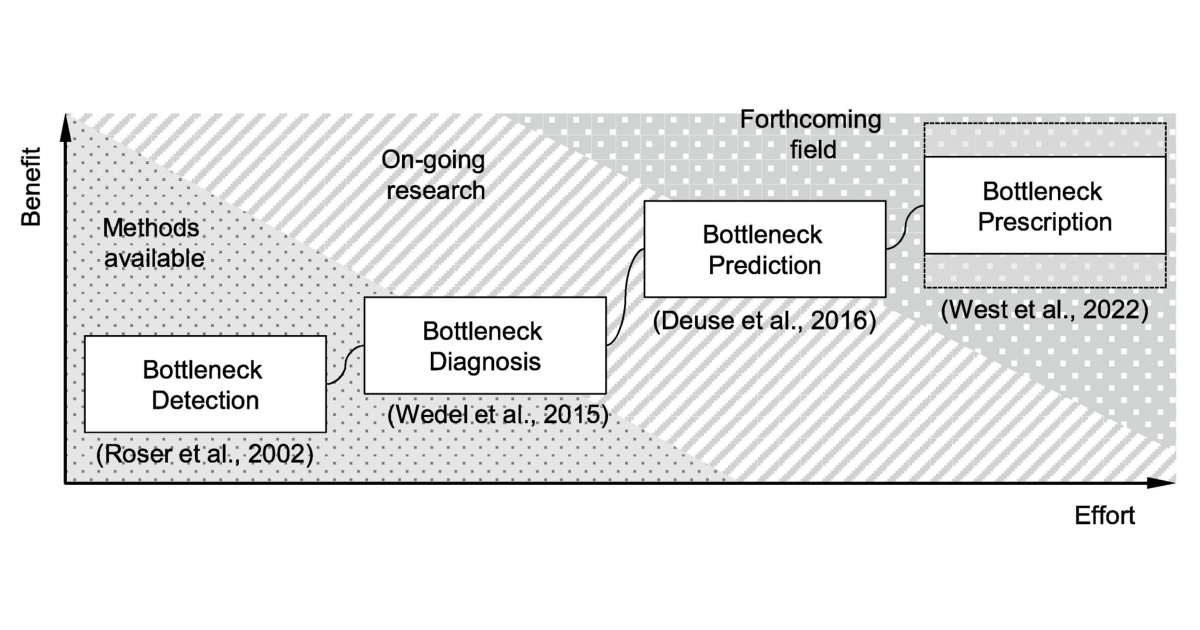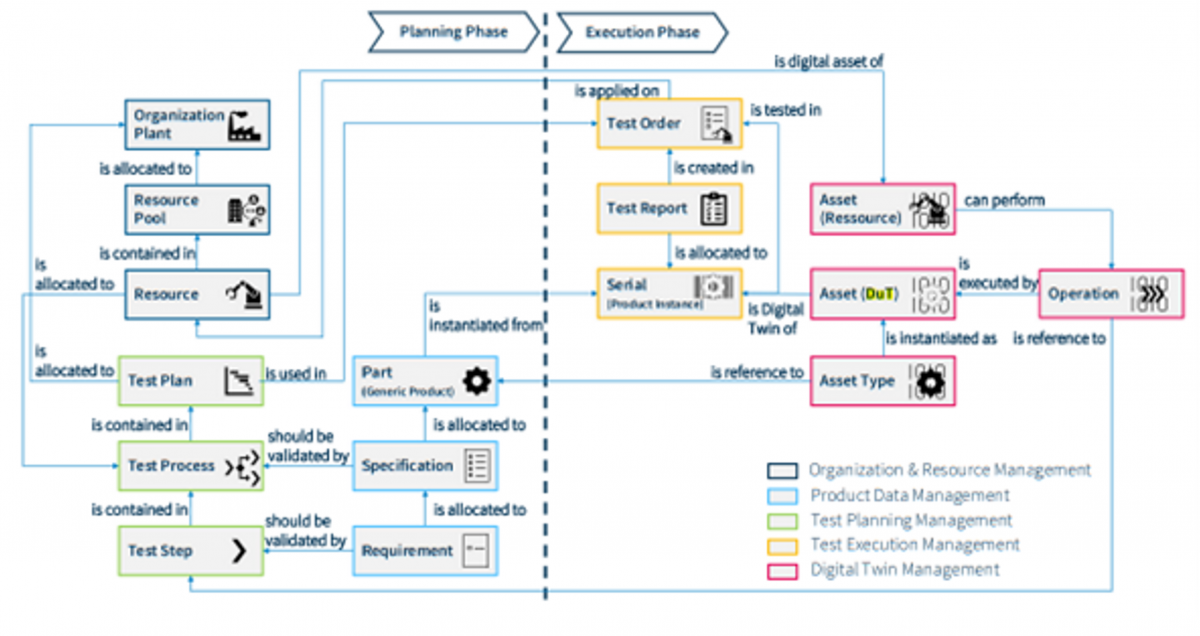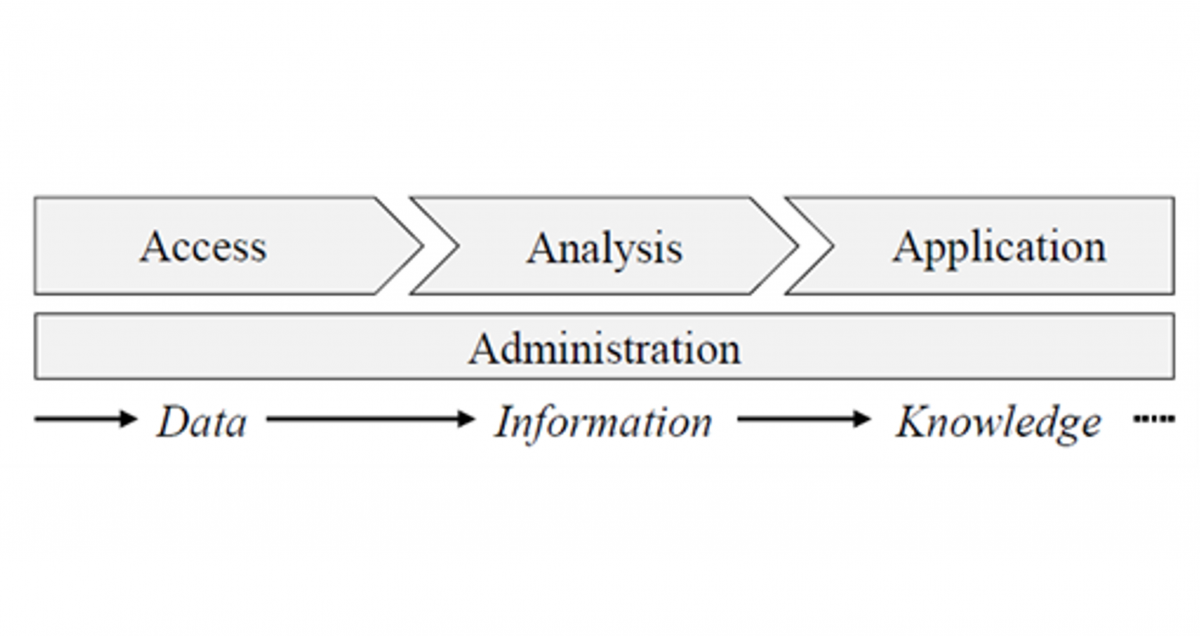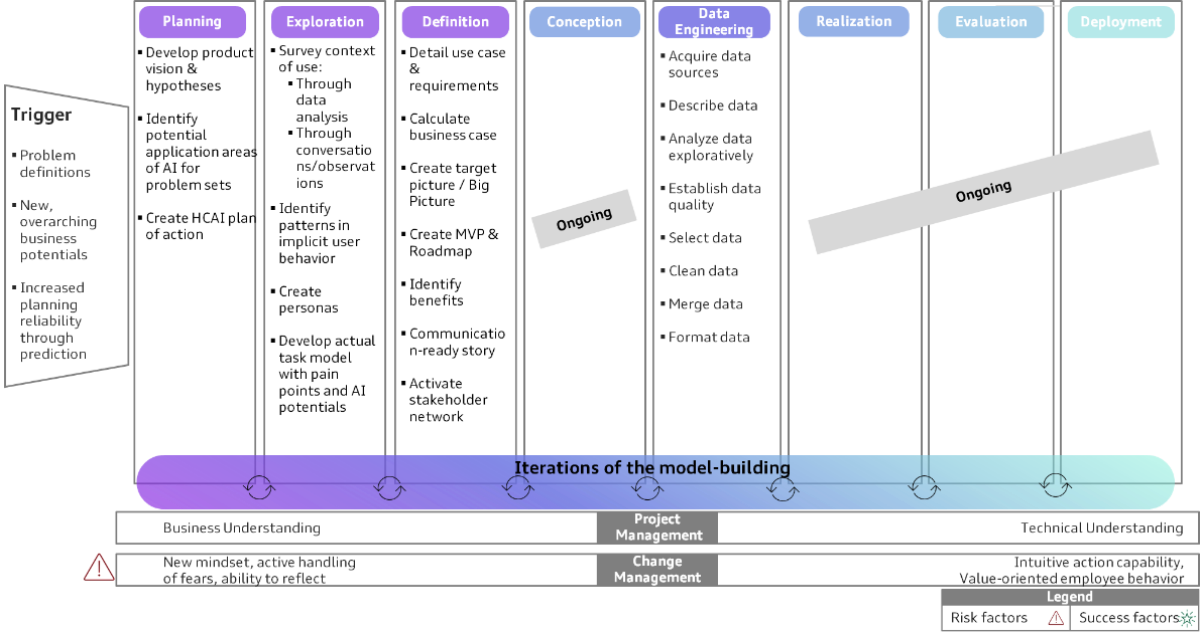Interview study on success factors and obstacles of Industrial Data Science projects
Companies have recently recognized the potential of Industrial Data Science (IDS), but often fail to implement it in practice. The publication presents the results of a cross-industry interview study with more than 50 executives and experts.
Interview study on success factors and barriers of IDS
The interview study is the result of the joint work of mosaiic GmbH and the Institute for Production Systems (IPS) of the TU Dortmund University. With the help of the cross-industry interview study, success factors and obstacles in the implementation of IDS projects were identified.
The study was conducted within the framework of the AKKORD research project and aimed to answer the following questions:
- What experiences regarding success factors and obstacles have already been gathered in the implementation of IDS projects?
- What drives the employees to topics in the field of IDS and artificial intelligence (AI)?
- How do employees experience these topics in their work environment?
- What influences do the employees expect from technological progress in the future?
- Which change management measures have already been implemented and have proven to be critical to success?
You can also find a summary of the study in this blog post by mosaiic GmbH.
Specific challenges of IDS projects
An important challenge lies in the specific structure of IDS projects. This is often based on recognized models from the literature such as the Knowledge Discovery in Databases (KDD) model or the Cross-Industry Standard Process for Data Mining (CRISP-DM). The structure requires the project team members to be able to think in an agile, cross-disciplinary manner. During the interviews, the success factors and risks in the project approach of the participating companies were therefore collected and mapped (Figure 1).
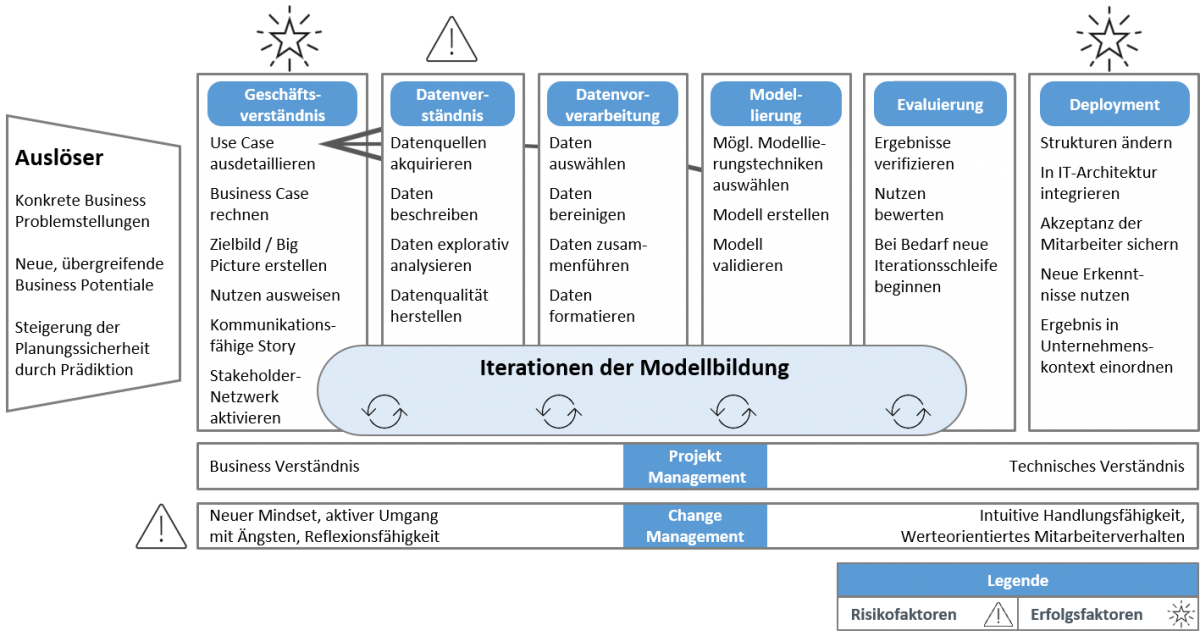
Figure 1: The phases of an IDS project with elements critical to success
Change Management as a Key Success Factor for IDS Projects
Against the background of these (and additional obstacles and success factors described in the publication), changes to the status quo must be made in the dimensions of people and organization. A change management process that accompanies IDS activities – starting with initial pilot projects – is thus required. Thus, the study identified a lack of change management as one of the five most important risks for the failure of IDS projects as well as the establishment of IDS methods (see Figure 2).
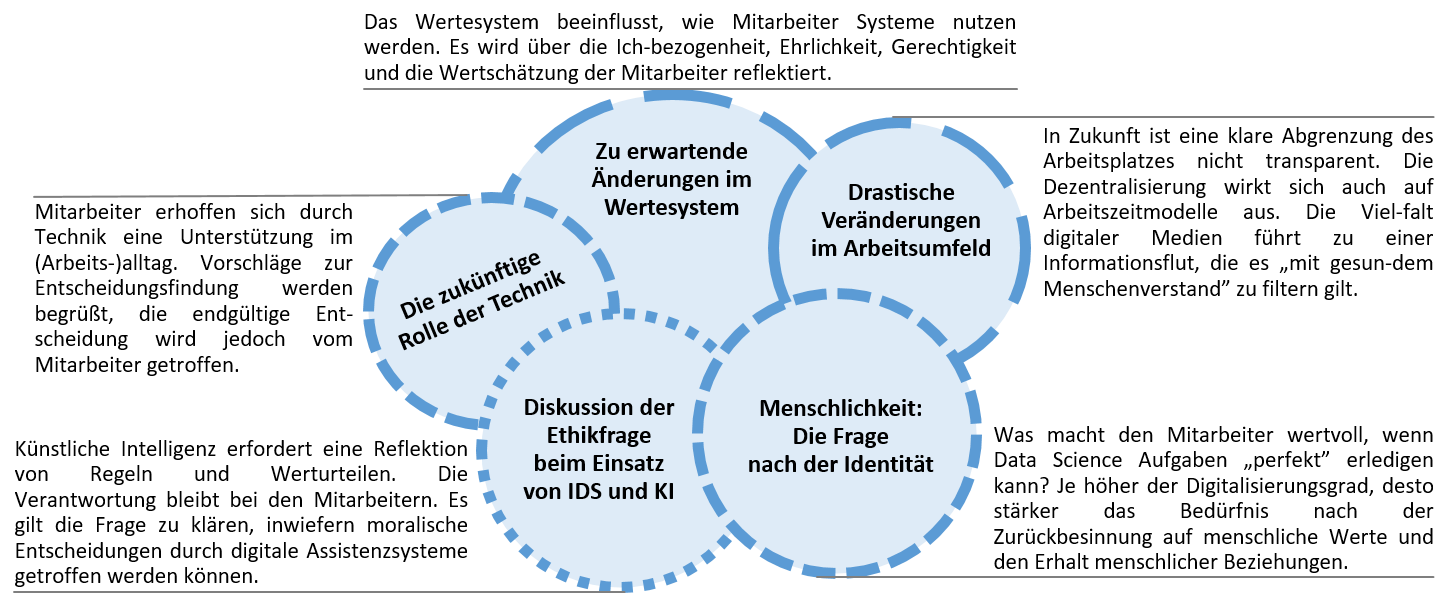
Figure 2: Reflection topics for IDS-related change management
Summary and outlook for further research activities
In the area of tension between the triad of people, technology and organization, IDS projects fail in particular due to insufficient consideration of the categories of people and organization. Neglected change management prevents long-term success. In order to break down the central obstacles and success factors from the perspective of practitioners, the publication presents the results of our interview study, discusses requirements for change management and formulates concrete recommendations for action for companies.
The complete publication can be found here: https://www.mosaiic.de/wp-content/uploads/2020/11/Industrial-Data-Science-erfolgreich-implementieren.pdf

